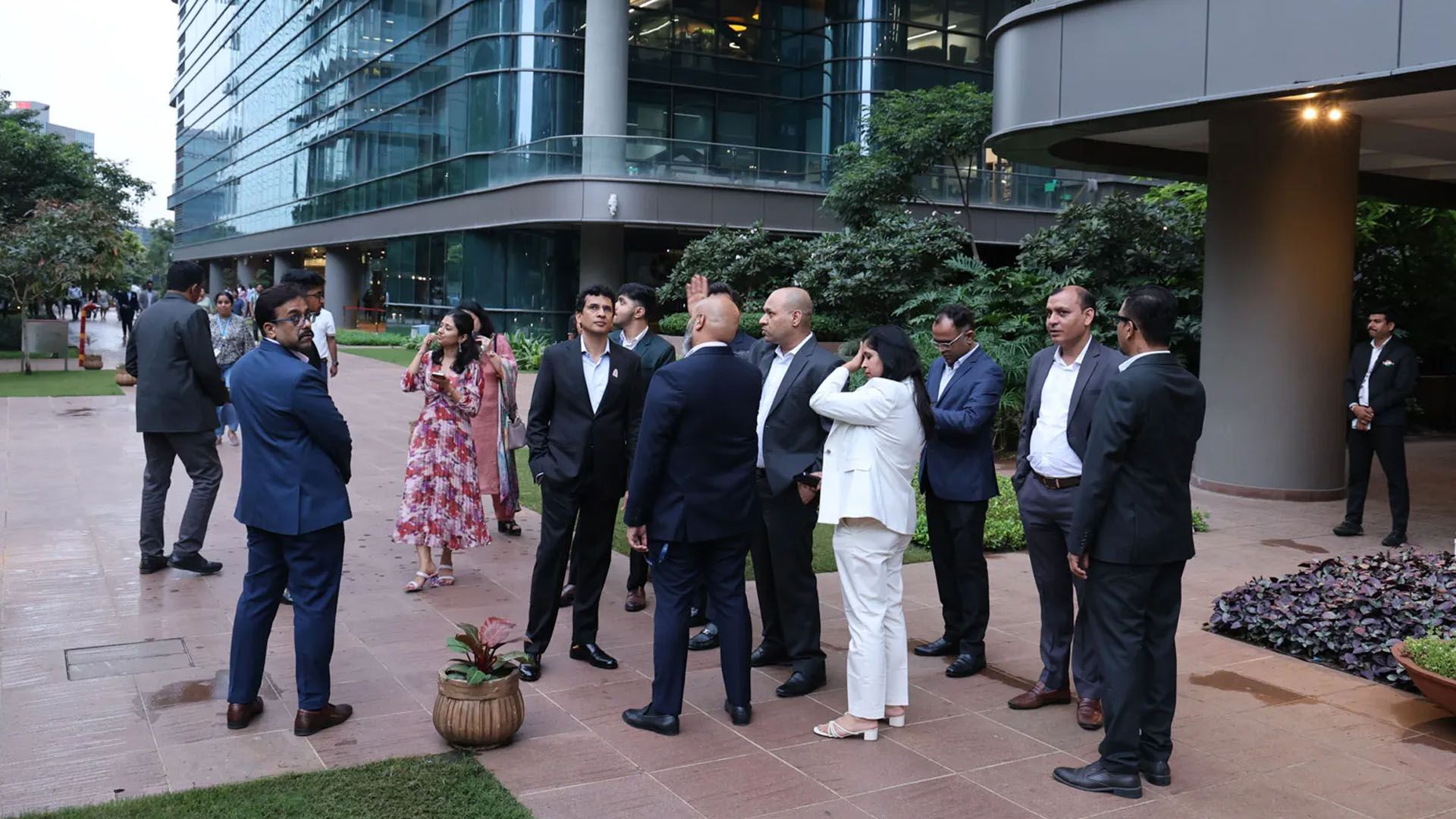 GRI Institute
GRI InstituteInside Pune’s thriving commercial real estate sector
Industry leaders at a GRI Institute roundtable in Pune break down the opportunities in data centres, GCCs, and semiconductors
At the second GRI Institute gathering in Pune, co-hosted with Mindspace Business Parks REIT, a panel of industry experts convened to discuss "Pune as a Commercial Real Estate Powerhouse: Structures, Gaps & Next Steps."
The session moved beyond traditional office demand to explore the city's emerging 'engine room' - the high-growth sectors shaping the next wave of investment. This article breaks down the unique opportunities and challenges revealed in data centres, Global Capability Centres (GCCs), and semiconductors.
The Data Centre Demand
The panel revealed that Pune’s data centre market is experiencing a significant supply-demand imbalance. The city currently has a capacity of close to 190 megawatts, which is operating at a remarkable 98% occupancy rate. This indicates a substantial appetite for data infrastructure that is far from being met.
While new supply is coming online - with 16 megawatts being added this year and an additional 25 megawatts expected by 2029 - the specific demand from global occupiers is for co-location facilities that align with international standards. This presents a clear opportunity for developers who can deliver high-quality, globally compliant data centres to a market that is hungry for them.
The GCC Opportunity
The panel highlighted that Pune is a primary destination for the booming Global Capability Centre (GCC) sector, capturing as much as 25% of the 10 to 15 new GCCs being established across India each month. This growth is driven by a fundamental shift, with India evolving from a simple business process outsourcing hub to a "capability-led and R&D-driven market" for global firms.
Panellists noted a common entry strategy where new GCCs - increasingly from Europe as well as the US - first establish a small footprint in flexible workspaces before expanding into full-fledged dedicated offices. A notable trend is the rise of Pune-based domestic companies setting up their own GCCs to operate their global shared services from the city.
However, the discussion also raised a critical challenge: intense competition from other states. Panellists mentioned losing pitches to Karnataka due to its proactive GCC policy, highlighting the need for Maharashtra to remain competitive to retain its advantage.
 The roundtable also included an exclusive site visit to our co-host Mindspace Business Parks REIT campus, which stands as a benchmark in sustainable and employee-focused development. (GRI Institute)
The roundtable also included an exclusive site visit to our co-host Mindspace Business Parks REIT campus, which stands as a benchmark in sustainable and employee-focused development. (GRI Institute)
The Semiconductor Advantage
The semiconductor ecosystem consists of six key pillars - design, assembly, packaging, testing, and marketing, in addition to pure manufacturing, and India already possesses a significant strength in this area, with over 20% of the global semiconductor design workforce.
While massive semiconductor manufacturing announcements have focused elsewhere, the panel revealed that Pune is uniquely positioned to attract these segments due to its deep talent pool from a strong educational hub and its proximity to end-users in the automotive and electronics manufacturing belts.
Crucially, panellists highlighted that Pune boasts the highest employee retention rate for the semiconductor industry globally, a critical factor for companies dependent on highly specialised talent.
However, to fully capitalise on this opportunity, the city must avoid "falling for the trap" of replicating Bangalore’s infrastructure issues. The key challenge will be to proactively build a robust public infrastructure that can support this high-value industry and its workforce.
The Path Forward
The deep dive into Pune's emerging sectors reveals a market teeming with sophisticated, high-value opportunities. However, the common thread throughout the discussion was a critical dependency: the city's ability to deliver robust public infrastructure to support this next wave of growth.
With city authorities now proactively addressing these gaps - focusing on road networks and riverfront development - and a clear alignment among stakeholders, the consensus from the panel was clear; while challenges remain, Pune is actively laying the groundwork to not only attract these future-focused industries but also to ensure their long-term success.